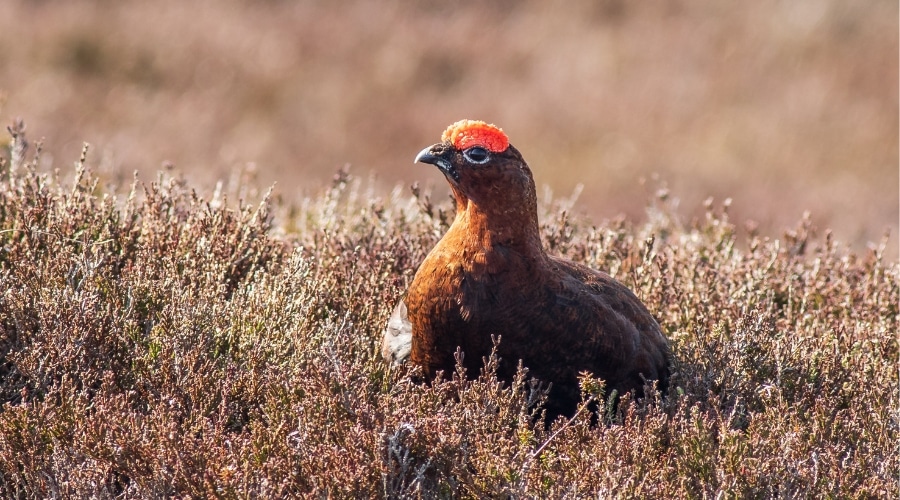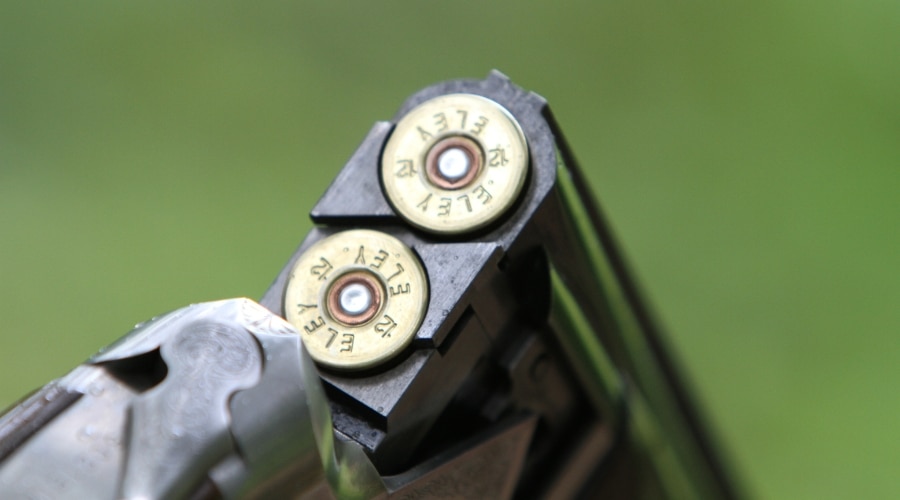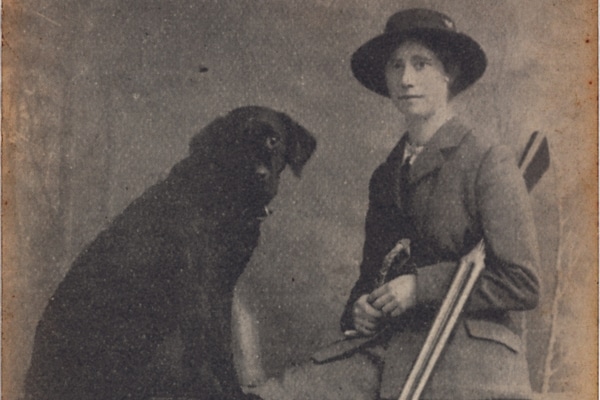
BASC raises opposition to Wildlife Management and Muirburn (Scotland) Bill
BASC has raised significant concerns with the Scottish Government’s Wildlife Management and Muirburn (Scotland) Bill, published today.
Get information on the legal shooting season for mammals and birds in the UK.
Apply for funding for your project or make a donation today
Comprehensive information and advice from our specialist firearms team.
Everything you need to know about shotgun, rifle and airgun ammunition.
Find our up-to-date information, advice and links to government resources.
Everything you need to know on firearms law and licensing.
All the latest news and advice on general licences and how they affect you.

The Scottish government has announced a consultation on a ban on the use of snares in Scotland – a move which would damage biodiversity in Scotland and threaten endangered bird species.
As part of the Wildlife Management and Muirburn (Scotland) Bill, a consultation launched yesterday (22 August) seeks views on banning the use of all snares, including the most modern designs which meet international standards. The proposals would also extend the investigative powers of the Scottish Society for the Prevention of Cruelty to Animals (SSPCA) – a move which BASC has already robustly rejected.
The consultation will run for six weeks until 3 October 2023. BASC will formally respond and has organised a meeting with the Minister for Environment and Energy to make our views known. A call for members to respond will also be issued in due course.
BASC has been clear and consistent to all governments that they should not ban the modern restraining devices. Their use is essential in the protecting threatened bird species, young livestock and other conservation work.
In response to the consultation announcement, Peter Clark, BASC Scotland director said: “This is another vital tool in the biodiversity restoration and predator control toolkit which stands to be removed.
“When you couple this with the ineffective and damaging Hunting with Dogs (Scotland) Act 2023, we risk a perfect storm when it comes to protecting vulnerable bird species. Threatened species such as golden plover, lapwing and curlew will face further predation by foxes due to the lack of control options available to gamekeepers.
“Amidst a nature crisis, it is vital gamekeepers, conservationists and land managers have the right tools to prevent over-predation and protect Scotland’s iconic species.
“Modern code-compliant snares, which exceed international standards for such restraining devices, are the conservationist’s friend, helping to manage foxes at specific times of the year when other control methods are impractical. A well-run, targeted approach using these devices can aid breeding success, particularly of vulnerable ground-nesting birds. Remove this tool and wildlife will suffer.”

BASC has raised significant concerns with the Scottish Government’s Wildlife Management and Muirburn (Scotland) Bill, published today.

If you have been issued with a backdated firearms or shotgun certificate following a delay in your renewal, we’d like to hear from you.

In honour of International Women’s Day, we recount the stories of female gamekeepers in history who blazed a trail for generations to come.
Sign up to our weekly newsletter and get all the latest updates straight to your inbox.
© 2025 British Association for Shooting and Conservation. Registered Office: Marford Mill, Rossett, Wrexham, LL12 0HL – Registered Society No: 28488R. BASC is a trading name of the British Association for Shooting and Conservation Limited which is authorised and regulated by the Financial Conduct Authority (FCA) under firm reference number 311937.
BASC Direct Ltd is an Introducer Appointed Representative of Agria Pet Insurance Ltd who administer the insurance and is authorised and regulated by the Financial Conduct Authority, Financial Services Register Number 496160. Agria Pet Insurance is registered and incorporated in England and Wales with registered number 04258783. Registered office: First Floor, Blue Leanie, Walton Street, Aylesbury, Buckinghamshire, HP21 7QW. Agria insurance policies are underwritten by Agria Försäkring.
If you have any questions or complaints about your BASC membership insurance cover, please email us. More information about resolving complaints can be found on the FCA website or on the EU ODR platform.